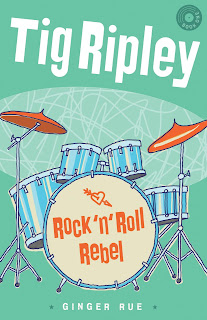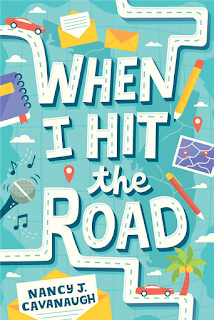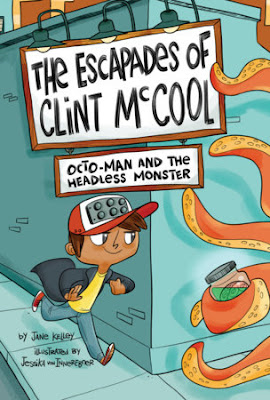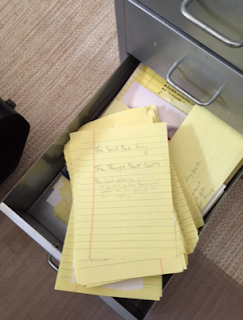Posts
Showing posts from 2019
Posted by
Chris Tebbetts
Putting the Quotation Marks Around "Failure," by Chris Tebbetts
- Get link
- X
- Other Apps
Posted by
Holly Schindler
Failing Forward (Holly Schindler)
- Get link
- X
- Other Apps

Posted by
Author on the Loose
I Have the Right, You Have the Right, We All Have the Right....
- Get link
- X
- Other Apps

Posted by
Ginger Rue
Everybody Loves My Dad and with Good Reason
- Get link
- X
- Other Apps
Posted by
Dia Calhoun
Imagination Reignites at Winter Solstice: Smack Dab in the Imagination: Dia Calhoun
- Get link
- X
- Other Apps

Posted by
Nancy J Cavanaugh
Failure, Fatal Flaws, and the Road to Success
- Get link
- X
- Other Apps

Posted by
cmills
Failures Give Us Something to Write About by Claudia Mills
- Get link
- X
- Other Apps

Posted by
Michele Weber Hurwitz
Failures? Let me count the ways, by Michele Weber Hurwitz
- Get link
- X
- Other Apps

Posted by
Bobbi Miller
Happy Holiday Journeys!
- Get link
- X
- Other Apps

Posted by
darlenebeckjacobson
Failures That Benefit a Writer
- Get link
- X
- Other Apps

Posted by
Jane Kelley
My Favorite Failure? -- by Jane Kelley
- Get link
- X
- Other Apps

Posted by
Author on the Loose
A Daily Grind I Don't Want
- Get link
- X
- Other Apps

Posted by
Ginger Rue
A Fun Assignment for Creative Writing Classes
- Get link
- X
- Other Apps
Posted by
Dia Calhoun
Your Imagination Camera by Dia Calhoun: Smack Dab in the Imagination
- Get link
- X
- Other Apps

Posted by
Nancy J Cavanaugh
Training to Be a Writer
- Get link
- X
- Other Apps
Family Stories, Journaling: What Ties Them Together
- Get link
- X
- Other Apps

Posted by
Michele Weber Hurwitz
On Becoming a Writer, by Michele Weber Hurwitz
- Get link
- X
- Other Apps
Posted by
Bobbi Miller
More Alike Than Unalike
- Get link
- X
- Other Apps

Posted by
Chris Tebbetts
A Journal By Any Other Name....
- Get link
- X
- Other Apps

Posted by
darlenebeckjacobson
Once Upon a Time...
- Get link
- X
- Other Apps


